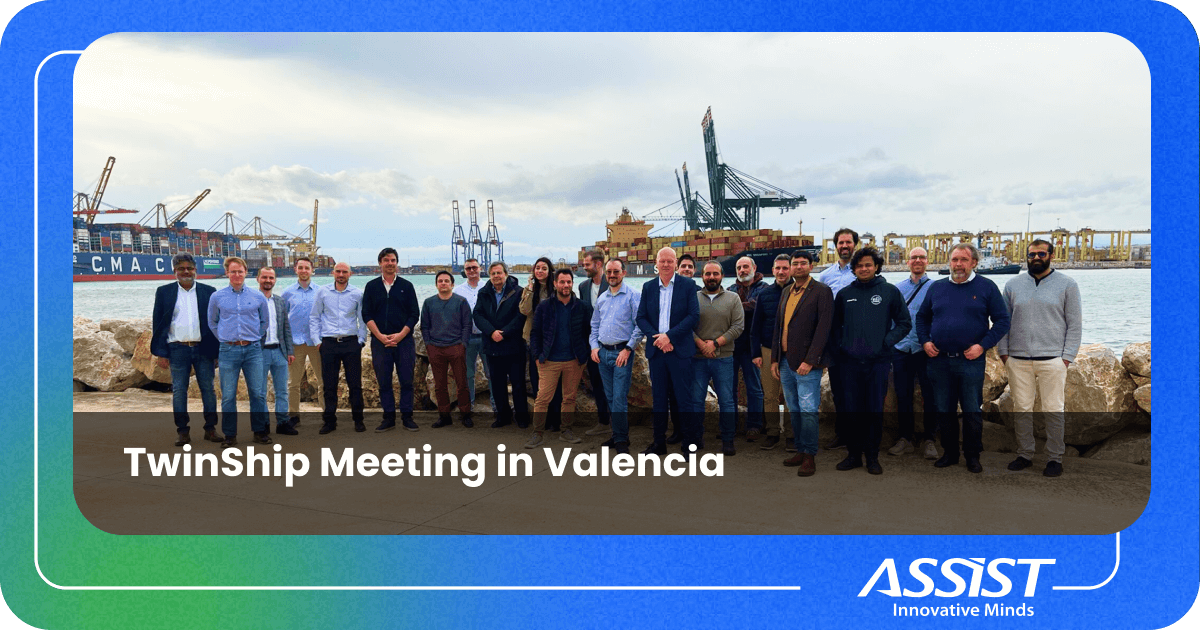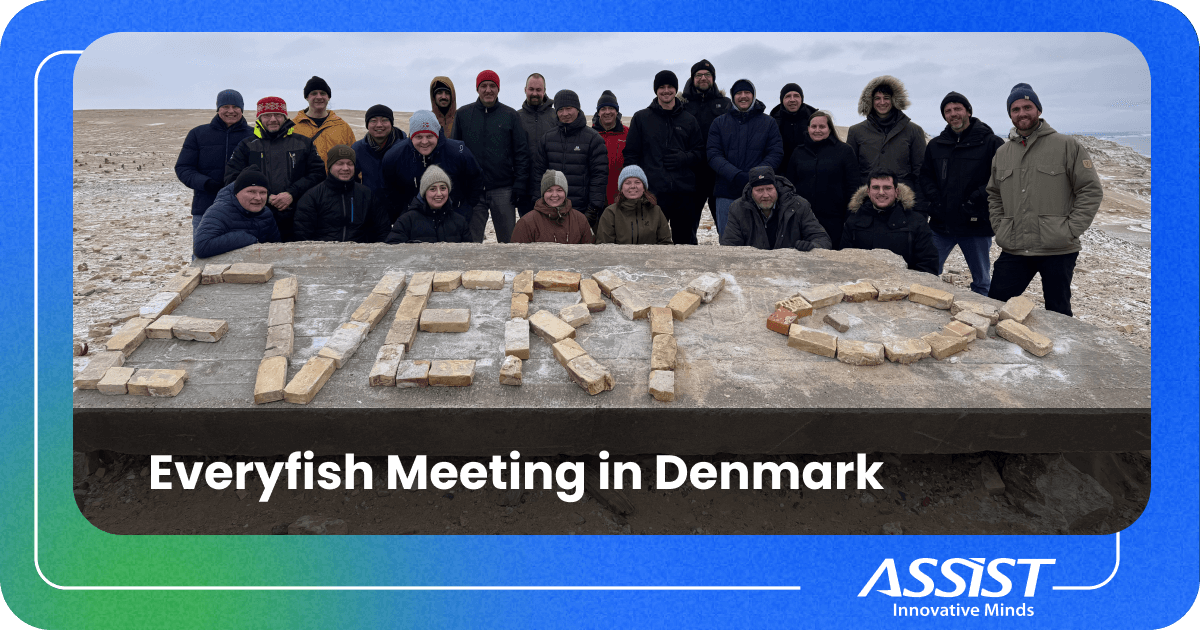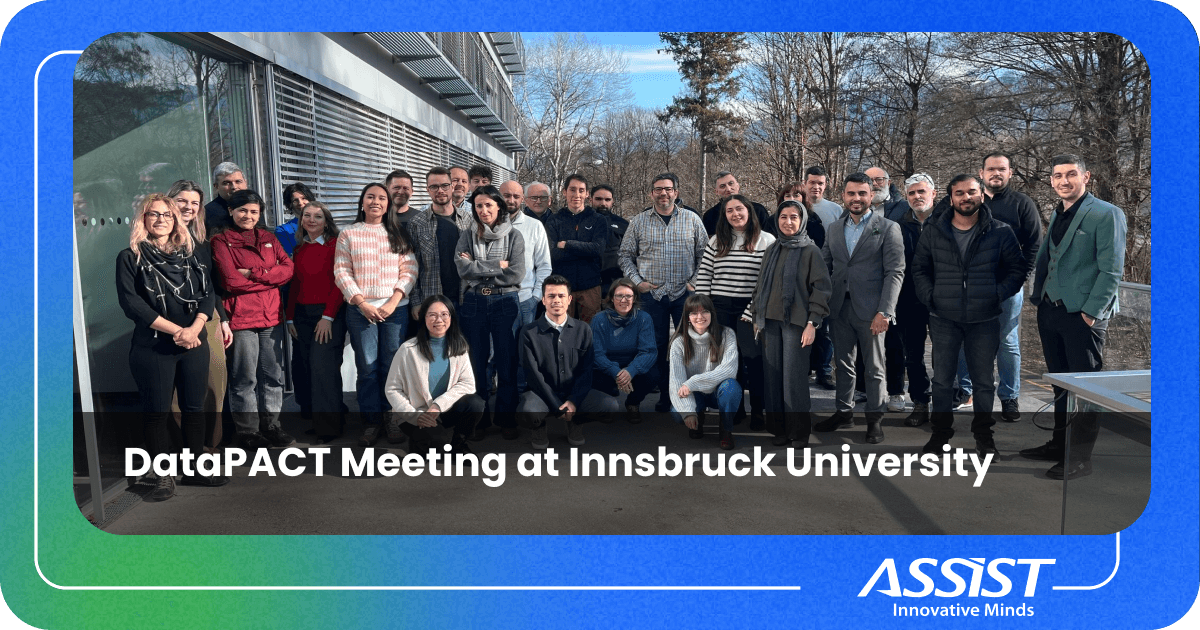Practical Guide to Custom .NET Development for Scalable Solutions
When discussing modern frameworks and bleeding-edge tech, .NET doesn't always headline the conversation. And yet, .NET quietly powers millions of critical systems across industries, from financial institutions and energy providers to AI-powered platforms and smart city infrastructure.
So why is .NET still such a cornerstone of enterprise-grade software development?
The answer lies in a blend of reliability, flexibility, and an evolving ecosystem that continues to stay ahead of the curve. At ASSIST Software, we've seen firsthand how .NET enables scalable, secure, and high-performance solutions that stand the test of time, whether we're building an innovative data management platform for enterprise clients or contributing to next-gen accessibility tools funded by national research programs.

The Real Value of .NET in Today's Landscape
.NET isn't just "legacy Microsoft tech." Its latest versions (.NET 6, 7, and now 8) offer dramatic improvements in runtime performance, cross-platform compatibility, and memory efficiency. This makes it particularly appealing for companies aiming to future-proof their digital infrastructure.
We've used .NET across many use cases: AI-powered dashboards, IoT platforms, and embedded systems. Dot Net supports microservices, containerization (using Docker), and easy integration with cloud services like Azure, AWS, and Google Cloud. That flexibility becomes essential for businesses that rely on distributed teams, hybrid infrastructure, or complex compliance requirements.

A great example is WiseMate, a solution developed by ASSIST Software that helps large enterprises manage AI-ready datasets. Built using .NET for the backend and integrated with Microsoft Azure, it delivers the robust performance and security that enterprise clients demand.
From Healthcare to Military: How .NET Adapts Across Industries
Different industries bring different challenges. In healthcare, secure data management and HIPAA compliance are non-negotiable. In e-mobility and energy, systems must handle IoT device integration and real-time analytics. In military and defense, secure communication and simulation environments must be rock-solid.
This is where .NET's native security features, like encrypted communication, multi-factor authentication protocols, and built-in data protection mechanisms, play a critical role. It's also where its support for cross-platform development becomes a strategic advantage.

Take SmartEVC, for instance. It's a platform that combines AI, blockchain, and IoT to manage electric vehicle charging stations. NET's ability to integrate easily with external APIs, cloud services, and edge devices made it the right choice for a system that required real-time scheduling, transactional transparency, and high reliability.
Microsoft Solutions Partner
Our Microsoft Solutions Partner status reinforces our commitment to delivering quality software based on best practices and cutting-edge Microsoft technologies. It also means we have early access to new tools, direct insights from Microsoft experts, and validated Azure architecture, DevOps, and AI integration capabilities.

For clients, this translates to faster time to market, lower technical debt, and solutions built to scale. For developers, it means working within an ecosystem constantly improving with powerful tools like Visual Studio, strong typing systems, and a thriving global community.
What a .NET Project Looks Like at ASSIST Software
Every .NET project we take on follows a proven development flow, starting with in-depth research and requirements gathering. From there, we move through interactive prototyping, agile-based implementation, iterative testing, and cloud-native deployment.
We create tailored software that meets real business needs and can adapt as those needs evolve.
And we don't stop at launch. Our long-term support and DevOps pipelines ensure your systems stay updated, secure, and performant.
Final Thoughts
.NET may not always be the flashiest framework in the stack, but it remains one of the most trusted and versatile. At ASSIST Software, we treat it as a foundation for innovation while building solutions for healthcare, logistics, defense, or AI-powered enterprise tools.
If you're planning to modernize legacy systems, scale your platform globally, or launch a product that needs to be both secure and cross-platform ready, .NET might just be your best option.
And if you're looking for a partner who knows how to get the most out of it, we can help.



